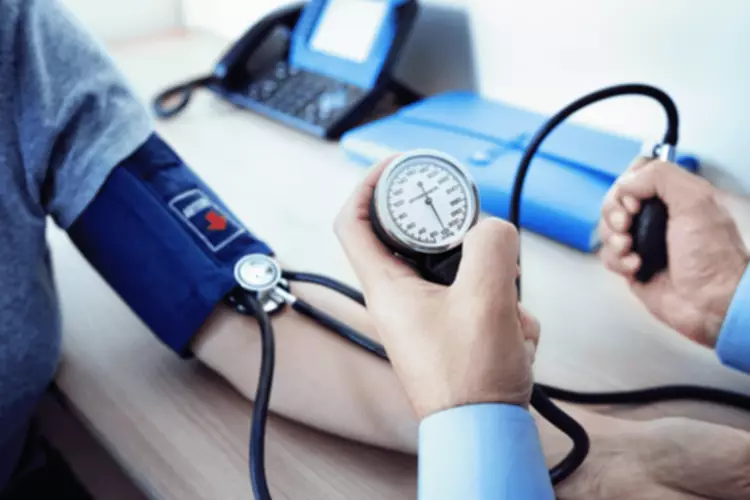At the heart of this step is the need for forgiveness and restoration—forgiving yourself, forgiving others, and making amends. “I know you’ve been through some very difficult times, yet you bravely made the decision to start your path to recovery. Thanksgiving is a time to gather with loved ones and give thanks for the many blessings in our lives. Maybe there will be someone at your dinner table celebrating their first sober Thanksgiving or perhaps they’ve been on their recovery journey for quite some time now. Additionally, find ways to spend time with those who have already achieved their sobriety goals. This will give you insight into how to handle difficult situations and stay motivated throughout your journey.
A Letter to Your Future Self from the Ugly Truth of Your Addiction
- Ms Shaheen resigned her Labour Party membership yesterday, accusing the party of a “hierarchy of racism”, and saying she had been “penalised for describing my experiences of Islamophobia”.
- I will also seek to repair any damage caused by my addiction, whether it be financial, emotional, or otherwise.
- Whether you just finished an alcohol or drug rehab program or you have been sober for years, you should keep practicing your commitment to sobriety and recovery.
- Starting with a salutation sets a positive and personal tone for your letter, establishing a connection between your current self and your future aspirations.
It also gives your support system a tangible way to track your progress and celebrate your successes with you. By putting your goals and objectives in writing, you can clarify your thoughts and intentions. This clarity can commitment to recovery letter help you stay focused and motivated throughout your recovery process. Writing down your goals forces you to think about the specific steps you need to take to achieve them, making them seem more achievable and manageable.
‘An Unfinished Film’ Review: Lou Ye’s Docufiction Covid Chronicle Captures the Strange Slippage of Time

When you finish an alcohol or drug rehabilitation program, there are many ways you can practice your commitment to sobriety and recovery. One of the ways you can do this is to remind yourself why sobriety is so important. You can do this by making a list of the pros of your recovering lifestyle. Keep adding to it as you come up with more reasons for the benefits of recovery in your life.
#1. A Letter of Commitment to Overcoming Substance Abuse
Even so, you will have done all that you can to take responsibility for the past—and there’s a level of peace and freedom in that as well. How the other person chooses to respond to our amends is out of our control. Completing Step 9 is the next step forward in recovery, regardless of how the other person responds.
Empathy and Understanding
You might find yourself staring at a blank page, unsure of where to begin. Be sure that this section does not become an exhaustive list of every large and small grievance you have that relates to addiction. While you may have dozens of examples to share, going too far in depth can begin to feel like a bashing session, and this diminishes the effectiveness of your objective.
Sober Bars: Understanding What Sober Bars Are
- Over the past years, I have witnessed the toll that addiction has taken on our family.
- In 2010, Ron Grover wrote an open letter to his son — and anyone with addiction — that still moves us today.
- It allows you to identify patterns of behavior or thought that may be hindering your progress and develop strategies to address them.
- However, human rights concerns remain, particularly in areas such as refugee and migrant workers’ rights.
- The guilt may have been real, but the apology didn’t come with lasting change.
I remember bringing you home from the hospital for the first time. I just kept looking over at your chubby cheeks and pinching myself so I’d know it was real. If you have previously been enabling addiction or providing a little too much sympathy for a disease in need of treatment, use this section to set boundaries. Explain what you will and won’t continue to do, like ceasing to provide housing if sobriety isn’t maintained or cutting off financial support until treatment is completed. In preparing your letter, think about the ways in which facing addiction has changed your life and the life of your loved one. All of these things may seem par for the course for those in active addiction but will stand out as red flags to those on the outside looking in.
Newhouse, Northwest Lawmakers Request Additional Information on Package of Actions and Commitments To … – Dan Newhouse
Newhouse, Northwest Lawmakers Request Additional Information on Package of Actions and Commitments To ….
Posted: Wed, 29 Nov 2023 08:00:00 GMT [source]
Recovery is a difficult and arduous journey, so it’s important to surround yourself with people who genuinely care about your well-being. Look for friends and family members who are willing to listen without judgment, and don’t be afraid to reach out when you need help. To me, nothing is harder than living a life where there is a glass ceiling of what is possible. The depression that comes along with never being able to become what we want to become in the world is to die while still alive. So let’s put aside the notion that change is hard when the reality is that staying stuck is far worse.
The terms “recovery” and “treatment” may be used interchangeably, but there are critical differences between the two words. Treatment refers to a program that guides a person through their recovery and involves medical appointments and structured programs that they are involved with, such as detox or inpatient care. These programs typically have a relatively rigid start and end date. However, recovery doesn’t operate under any specific time limit and instead is a mindset that does not have a certain timeframe or location. It is how a person thinks and behaves inside and outside of the recovery sphere and maintains new, healthy, transformative practices for days and years after first stepping into a treatment facility. Recovery demands personal commitment to maintain a sober lifestyle.




